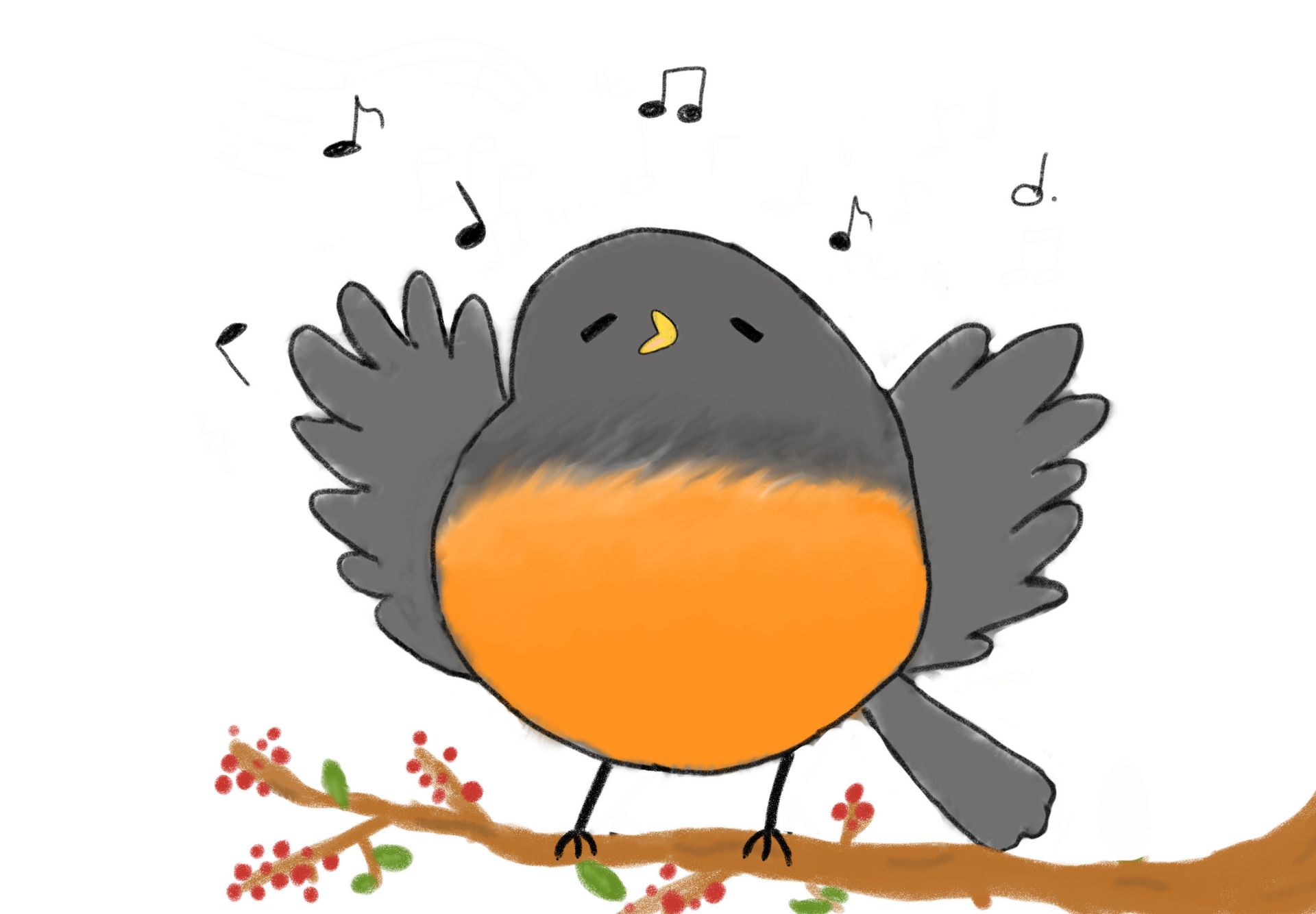Skill Comes from Passion: We do well what we love
The Japanese proverb Suki koso mono no jōzu nare can be translated as: “When you love something, you naturally become good at it - because you pursue it with enthusiasm, creativity, and effort.”
When we truly love something, we don’t need to be told to do it - we dive in on our own. We become absorbed. Immersed. Even when we hit a wall, we feel compelled to climb over it. In fact, the process itself is so enjoyable that we may not even perceive it as a wall. If we’re that passionate, it’s easy to imagine that skill will follow naturally.
But in reality, how many people turn what they love into something they’re truly good at - and even make it their livelihood? Not many, but they do exist. Craftspeople, artists, independent business owners, to name a few. My father was one. So was my father-in-law. And even if not a full-fledged career, many people have jobs that align with what they love. One of my colleagues once said, “I get a thrill from reading financial statements.” He was, unsurprisingly, the star of the accounting department.
What about outside Japan? Confucius wrote, “Those who understand something are not as good as those who love it. And those who love it are not as good as those who find joy in it.” In other words, no one can match the person who truly enjoys what they do. In English-speaking cultures, we hear phrases like Do what you love, love what you do, and Steve Jobs famously said, The only way to do great work is to love what you do.
Seen this way, Suki koso mono no jōzu nare seems to capture something essential about human nature. Then, the most important question becomes this: What do I truly love?
It sounds simple, but it’s not always easy to answer. Personally, it took me some time to find an answer that felt true in my gut. How about you? Perhaps many people can’t name what they love right away. “I don’t know what I love, but I know what I hate.” Or, “I don't have the time to think about such things.” And yet, if what we love becomes what we’re good at, then discovering it may be one of the most important things for us.
Then, how do we find it? I believe a clue lies in the things we were absorbed in as children. Asking people around us what they think we’re good at can also help - because sometimes what we love has already become a strength, and we simply haven’t noticed. Personally, I also recommend gradually letting go of what we dislike. That, too, can reveal what we’re meant to pursue.
What we love is different for everyone. So is what we’re good at. Which means that even if we dislike or struggle with something, there’s someone out there who loves it and excels at it. And vice versa.
If so, isn't the very act of pursuing what you love a meaningful social contribution? And if more people were to live by Suki koso mono no jōzu nare, I have a feeling that we could create a more joyful society where we share our unique strengths with each other. Or… am I getting carried away with wishful thinking?
Excerpt from “Waza-ari! Kotowaza”, published in the September 2025 issue of Views, the newsletter of the Japan Business Society of Detroit



